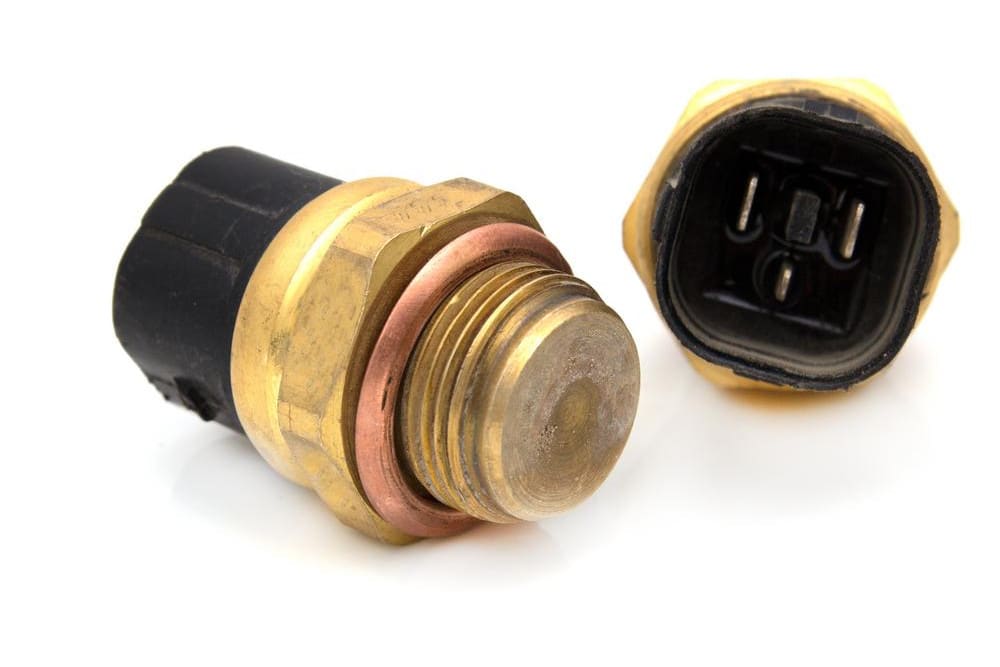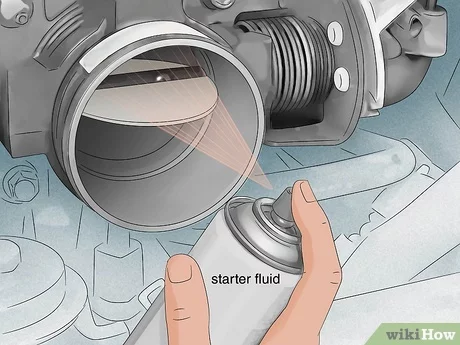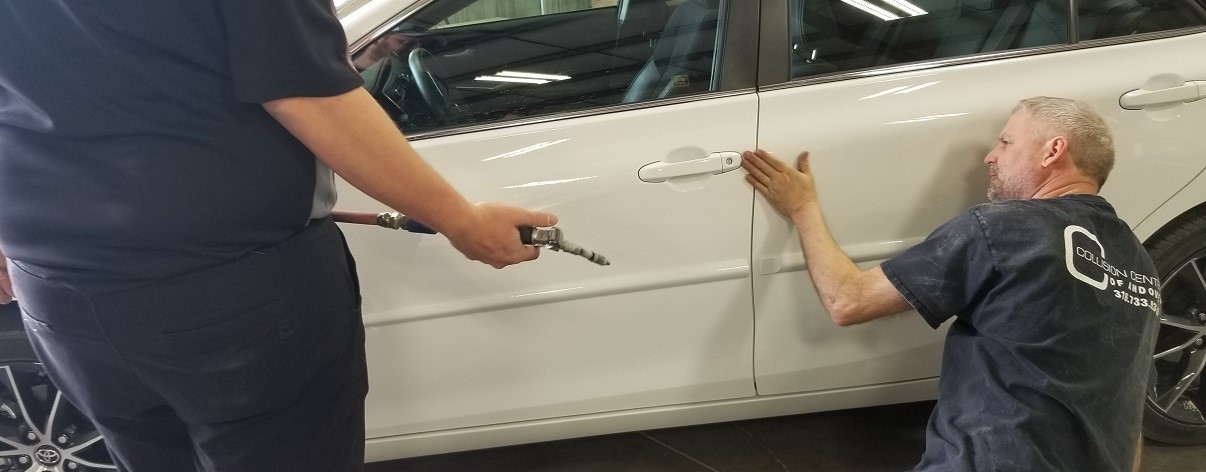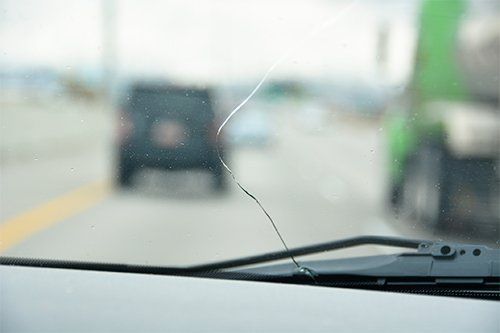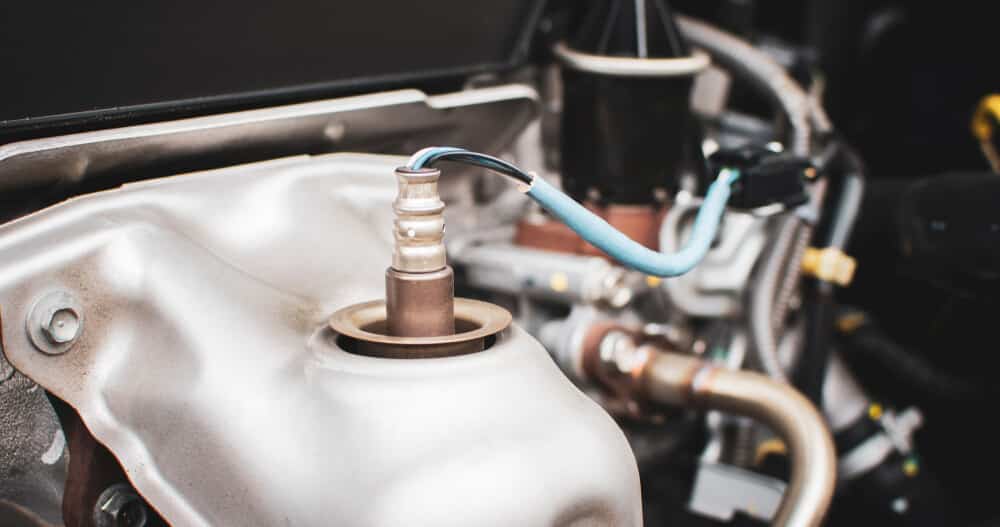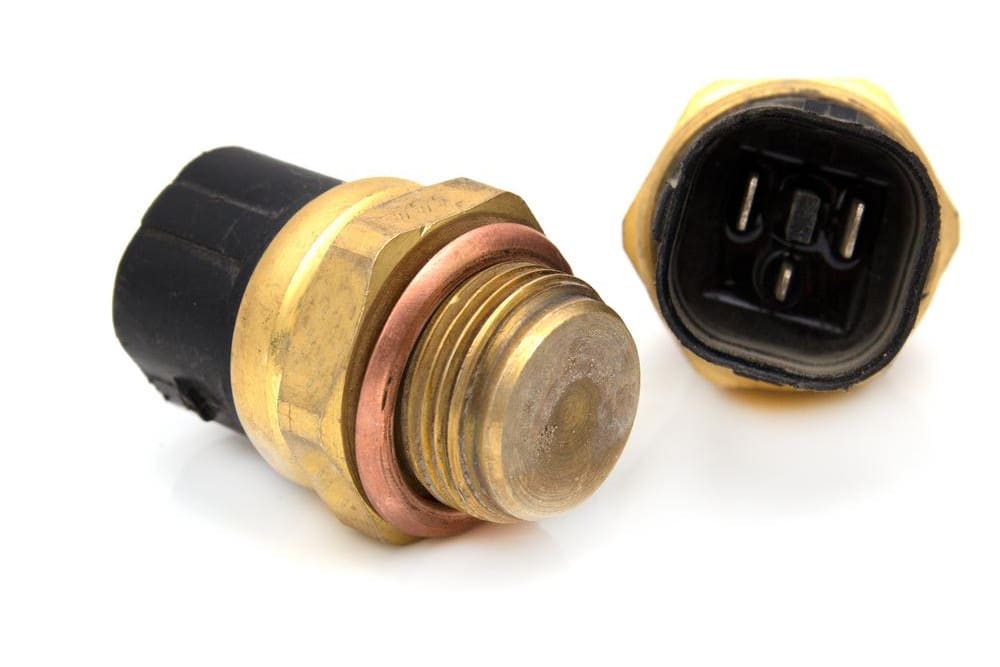Can a Bad Oil Pressure Sensor Cause a Knock
A bad oil pressure sensor cannot directly cause engine knock. It may, however, lead to inaccurate oil pressure readings, which can prevent the detection of real issues that cause knocking.
Understanding your vehicle’s health is critical, and the oil pressure sensor plays a pivotal role in this process. Positioned to monitor the oil pressure within the engine, this sensor ensures that all moving parts receive proper lubrication. A failure in this sensor might not induce a knocking sound by itself, but it can mask underlying problems such as low oil levels or the presence of incorrect oil viscosity, both of which can lead to severe engine damage, including knocking.
Quick detection and repair are essential in preventing the escalation of engine issues. Vehicle owners should be alert to their dashboard indicators and maintain regular service appointments to ensure the longevity and performance of their engines.
The Role Of Oil Pressure In Engine Health
Imagine a heart pumping blood through your body. Just like blood matters to your body, oil matters to your car’s engine. Good oil pressure means a happy engine. Bad oil pressure? That’s trouble! It could lead to bad noises, like a knock. Let’s dive into why this is so critical.
Importance Of Lubrication
Every moving part in the engine needs oil. Oil reduces friction. Less friction means fewer tears on parts. Over time, if parts rub too much, they wear out. They could even break! Oil helps parts move smoothly, making sure they last as long as possible.
- Oil keeps engine parts cool and clean
- Without oil, parts overheat and get damaged
- Good oil pressure ensures oil reaches every nook and cranny
How Oil Pressure Works
An oil pump sends oil all around the engine. It’s just like water coming out of a hose. More pressure, more oil. Pressure comes from the pump pushing against the oil. If pressure drops, oil doesn’t reach everywhere it should. That’s when the engine starts to complain!
| Oil Pressure | Engine Response |
|---|---|
| High | All parts lubricated |
| Low | Potential for engine knock |

Credit: mechanicsdiary.com
Identifying Engine Knock
Identifying engine knock raises alarms for vehicle health. It signals potential issues under the hood. Quick recognition ensures prompt repairs, safeguarding engine longevity.
Symptoms Of Engine Knock
Engine knock, a common red flag for car owners, often indicates trouble. Below are signs to watch for:
- Rhythmic Pounding: A regular tap or knock sound during acceleration.
- Vibration: An unusual shudder from the engine area.
- Check Engine Light: An illuminated dashboard signal may suggest sensor-related issues.
- Performance Drop: Noticeable power loss or poor fuel efficiency.
Consequences Of Ignoring Knocking Sounds
Turning a deaf ear to engine knocks can lead to dire outcomes. Here’s what could happen:
| Consequence | Impact |
|---|---|
| Increased Friction | Parts wear out faster, risking breakdowns. |
| Severe Engine Damage | Pistons, bearings, or rods could fail. |
| Expensive Repairs | Ignoring early signs often leads to costlier fixes. |
| Total Engine Failure | Lack of action may require complete engine replacement. |
Understanding Oil Pressure Sensors
Oil pressure sensors act as a watchful eye in vehicles. They track oil pressure and send this data to the dashboard. This lets the driver know the engine’s well-being. Without accurate readings, engine damage could occur unnoticed.
Function Of An Oil Pressure Sensor
The oil pressure sensor monitors oil flow through the engine. It’s a vital component for engine health. It works with the gauge on the dashboard. This tells you if oil pressure levels are safe or not. A good sensor helps avoid engine knock and damage.
- Keeps track of oil pressure in the engine.
- Alerts with a warning light if pressure is low or high.
- Helps maintain engine longevity.
Signs Of A Faulty Oil Pressure Sensor
A faulty oil pressure sensor gives wrong alerts or no warning at all. This can lead to serious engine issues.
| Sign | Explanation |
|---|---|
| Oil Warning Light | This dashboard light may come on if the sensor fails. |
| Engine Noise | Kicking rods or lifters could make knocking sounds. |
| Incorrect Gauge Readings | Your oil pressure might seem too high or too low. |
| Oil Leaks | Damaged sensors can cause oil to leak near the sensor. |

Credit: m.youtube.com
Connection Between Oil Pressure Sensors And Engine Knock
The Connection Between Oil Pressure Sensors and Engine Knock
Imagine your engine as the heart of your car. Oil is its lifeblood. A healthy oil pressure ensures your engine works smoothly. But when the oil pressure sensor fails, it may seem like your engine is knocking on the door of a serious problem. Let’s explore how these two are linked.
Can A Faulty Sensor Cause Knock?
The short answer is no, a bad sensor itself won’t cause a knock. But it can hide real issues that do. Think of the oil pressure sensor as a messenger. If it gives wrong messages, you won’t know your engine needs help.
A sensor in poor condition may show normal pressure when the level is dangerously low. This can end in the engine knocking. It’s the sound of an engine crying for oil. Consider this warning as a call to action.
Indirect Effects On Engine Performance
- Missed Maintenance: A sensor that lies can lead to skipped oil changes. Gritty, old oil damages engines.
- Lubrication Lapses: Without the right oil pressure info, engines can run dry. Metals clash, causing a knock.
- Wear and Tear: If oil pressure drops unseen, engines wear out faster. Like a silent thief, it steals engine life.
A knock might not come directly from a sensor issue. Yet, the sensor’s deceit impacts engine health deeply. It’s crucial to fix sensor problems quickly. A proper diagnosis saves engines from knocking’s harm.
Troubleshooting And Repair
Troubleshooting and Repair are critical when addressing engine issues. Specifically, a bad oil pressure sensor and engine knock can trigger concern. Knowing how these issues manifest and the steps to fix them can avoid further damage.
Diagnosing Oil Pressure Sensor Issues
Identifying a faulty oil pressure sensor requires attention to signs:
- Check Engine Light: A luminous warning on your dashboard.
- Odd Noises: Sputtering or ticking sounds from the engine.
- Oil Pressure Reading: Fluctuations or incorrect readings on the gauge.
Using a diagnostic tool can provide error codes related to sensor failure. Visually inspect the sensor for leaks, damage or poor connection.
Steps To Resolve Engine Knock
Once a bad oil pressure sensor is confirmed, focus shifts to solving any engine knock:
- Check Oil Level: Confirm if the oil level is adequate.
- Quality Oil: Ensure the right oil grade is in use.
- Oil Filter: Replace if clogged to maintain flow.
Should the knock persist, engage a professional mechanic for detailed inspection and repair.
Replacing the oil pressure sensor involves:
- Locate the Sensor: Refer to the vehicle manual.
- Sensor Removal: Disconnect the battery and remove the sensor carefully.
- Installation: Fit the new sensor and reconnect the battery.
Resetting the vehicle’s ECU may be necessary to clear error codes after sensor replacement.
Preventative Maintenance And Best Practices
Keeping your car in top shape means paying attention to all its parts. One small piece that can cause a big problem is the oil pressure sensor. If it fails, you might hear a dreaded noise under the hood: engine knock. Let’s dive into how staying ahead with maintenance can avoid this trouble.
Regular Maintenance Tips
Follow these steps to keep your engine happy:
- Check oil level often to catch leaks early.
- Listen for unusual noises that could signal a problem.
- Replace oil and filter on time, every time.
- Get a professional check-up once a year.
Choosing The Right Oil And Sensors
Quality oil and sensors are non-negotiable for a smooth ride:
| Oil Type | Benefits |
|---|---|
| Synthetic | Lasts longer, better for high-performance engines. |
| Conventional | Good for regular, stress-free driving. |
Don’t skimp on sensors. Pick OEM or equivalent quality sensors to ensure accurate readings.
Credit: www.quora.com
Frequently Asked Questions Of Can A Bad Oil Pressure Sensor Cause A Knock
Can An Oil Pressure Sensor Affect Engine Knock?
Absolutely. A bad oil pressure sensor can give false readings, leading to improper engine lubrication. This may cause knocking as engine components like rod bearings suffer from inadequate oil flow.
What Symptoms Indicate A Faulty Oil Pressure Sensor?
Symptoms include erratic oil pressure readings, oil warning light activation, and strange engine noises. If the sensor fails, it may not accurately report oil pressure, misleading the driver about the engine’s condition.
How Does Oil Pressure Relate To Engine Knocking?
Proper oil pressure ensures sufficient lubrication of engine components. Low oil pressure can lead to increased friction and heat, causing components to knock as they become improperly lubricated and start to wear down or fail.
Will Replacing The Oil Pressure Sensor Stop Engine Knock?
If the knock is solely due to a faulty sensor causing lubrication issues, then replacing it can resolve the problem. However, if the knock is from mechanical damage, sensor replacement won’t stop the knock.
Conclusion
A faulty oil pressure sensor may not directly cause engine knock, but it can contribute to conditions that lead to this damaging problem. Monitoring your vehicle’s oil pressure is crucial; early intervention can prevent serious damage. Remember, timely maintenance can save you from costly repairs and keep your engine running smoothly.

